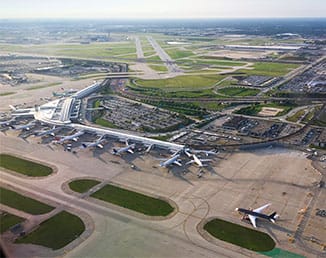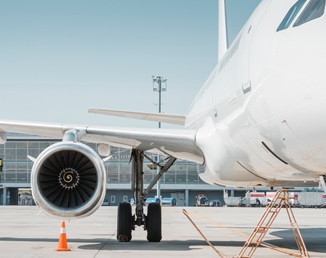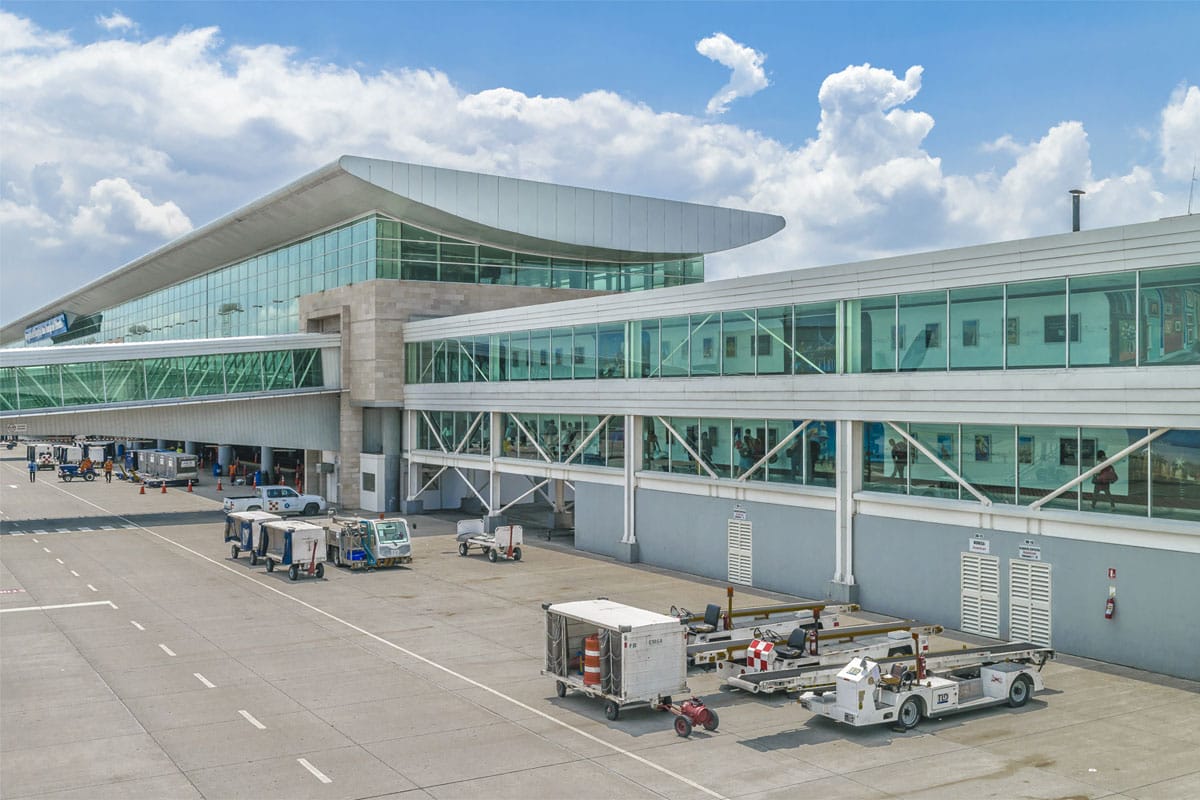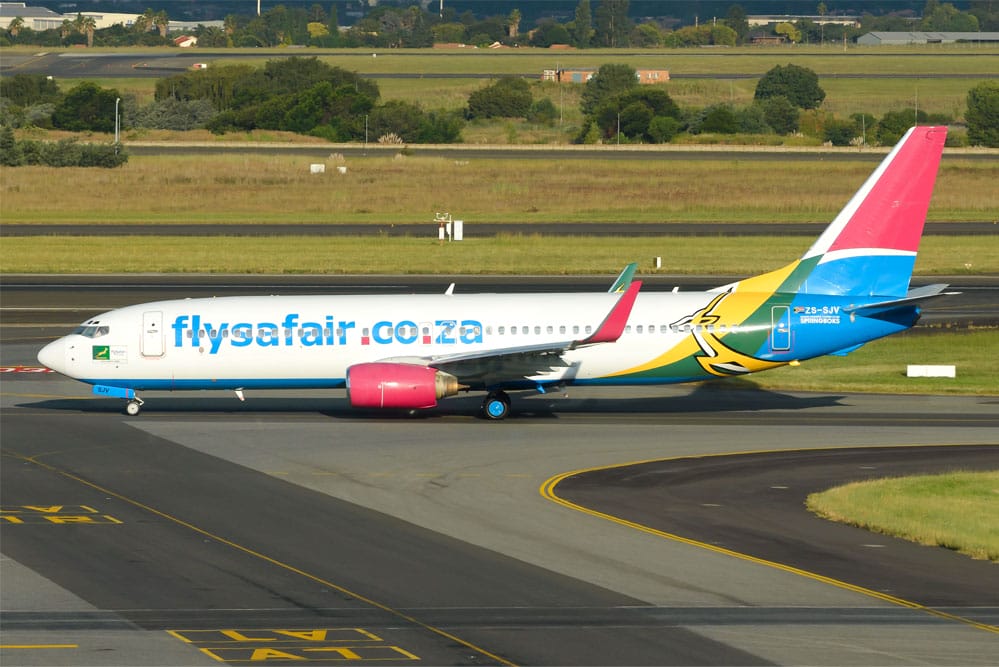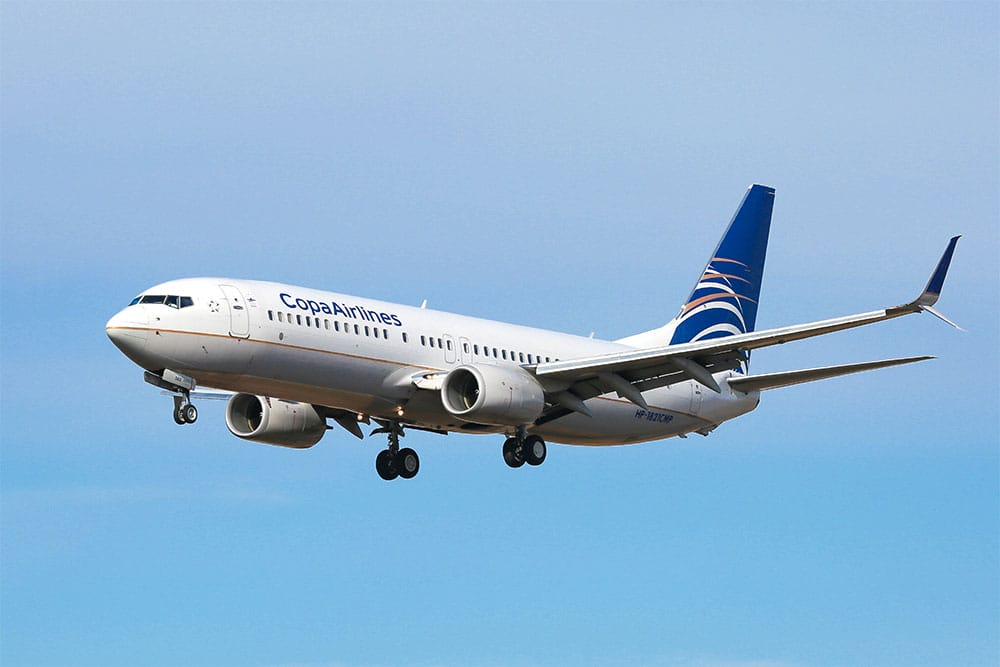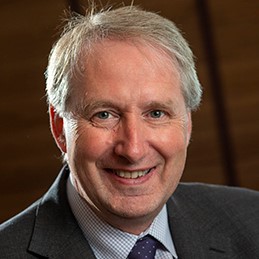
When Rob Morris checks out from Cirium Ascend Consultancy‘s London Heathrow headquarters at the end of August, he will be calling time on a 35-year career in which he has gone from British Aerospace market analyst to influential voice that resonates across the ever-changing global aviation industry.
As will be familiar to many in the industry, the spark of that career began in childhood, says Morris, recalling that he received a pair of binoculars one year for Christmas and headed down with his brother to Heathrow to try them out.
“We spent a day watching the planes, and my passion for aviation was born just looking at those planes.”
That spark ignited something, but Morris admits he was “a fairly naive teenager, not knowing what I really wanted to do”, so settled on studying chemistry, which led to a job with the United Kingdom Atomic Energy Authority in the 1980s.
The shift into aviation would not come until 1989 when he applied for a database analyst position at British Aerospace, but the role was already filled. However, as a market analyst had just left the company, Morris was invited back to interview for that role. This resulted in a career change at age 27, to start work at BAe in Hatfield.
“And I still remember sitting there in May 1990, my first day in Hatfield thinking: ‘Am I getting paid to do this? That’s robbery!’”
He primarily worked on BAe’s Worfleet database, with the task of running queries of fleet data and at times the ABC Schedules database – a grounding for his later role leading consultancy at Cirium.
“Everything our team says now is based upon a reading of the data and interpretation of the data, the trend of the data, that kind of thing. So having been privileged enough to work with Cirium and being able to go and present that data to the world has been an end of my career that I could never have imagined.”
Back in the early 1990s, as a 27-year-old new entrant to the business, Morris quickly immersed himself into the industry and its dynamics, largely through attending conferences.
“I sat and listened to what people were saying, and I vividly remember my first finance conference in Geneva around 1991 where I sat there and thought: ‘What are they talking about? I need to go and learn about this,’” he recalls.
As that was occurring, though, BAe itself was transitioning from OEM to supplier and later to defence contractor BAE Systems.
For Morris, this meant that instead of having “a job for life”, within a few years he would have to make a career move as the manufacturer moved production away from its Hatfield site.
That led to a role with the UK’s Department of Trade and Industry, which included a lot of time working with Airbus, which was just starting to overtake McDonnell Douglas as the second-largest airframer in the world.
From there, he joined BAE Systems Asset Management – the forerunner to Falko – before joining Ascend in January 2012, not long after the business had been acquired by the parent of what is now Cirium.
“I thought I’d just be a senior consultant, but then in 2014 came the chance to lead the business, and together with our Head of Valuations George Dimitroff, we became the leaders of Ascend.”
Leading an award-winning team
That ascendancy came as Cirium, under previous branding, was in its own transition from publisher to aviation data provider through several acquisitions, which expanded the consultancy team’s available toolbox considerably, and allowed Morris and the team to focus on delivering data-driven insights, which has continued to grow.
“We had fleets data and we had values and lease rates. Then we got the schedules and then latterly we got tracking, [which] is just fabulous because tracking tells us what’s happening in real time or in near-real time.”
Asked about his professional highlights, Morris points to Cirium Ascend Consultancy’s ten wins of the Airline Economics Appraiser of the Year award.
“Appraiser of the Year is the only way the market can recognise us publicly other than giving us their business, so winning that, keeping the confidence of the team in the market has been really important for us,” he says.
Another key achievement has been building up the skills of the consultancy team, including adding more ISTAT- and ASA-certified appraisers.
“Developing the team has become probably the thing I’m proudest of at the end of my career, just being able to try and help to mentor more junior members of the team,” he says. “And that’s what I’m going to miss the most: working with those people day to day. But of course, with global connectivity, I’ll still be able to connect with those people most days. So I’ll be watching closely to see the industry continue.”
Constants and change
Over Morris’s 35-year career he has witnessed some major changes in the market, including tracking closely the rise of Airbus into its current duopoly with Boeing in the large-jet market.
“I’ve never stopped learning,” he reflects. “Every day this industry teaches you something new, and that’s why it’s so fascinating and why it’s such an exciting industry. Because it’s only with 35 years’ hindsight can you see the big changes that have happened, but each day you don’t really see them.”
Another big change Morris notes is the rise of operating leasing, which now finances just over half of new deliveries – a far cry from where it was when he started in the industry.
“Back in 1990, leasing was hardly a thing, and I’m sure most of the financing was either sovereign debt or bank debt. Now you have these financial institutions that are more effective at raising capital than airlines which can manage the asset for financial gain.”
He also bore witness to some key shocks, most notably 9/11 and the Covid pandemic.
Of the post-9/11 crisis, Morris, who was then working at the Department of Trade and Industry, recalls: “It was the first time in my career that things were changing daily, and we were trying to understand how they were changing.”
But the Covid pandemic and the rapid recovery of demand thereafter, which has led to major disruption of the supply chain across the industry, gave rise to a whole new scenario.
“We’ve come out of it far more quickly than we expected to, and the OEMs and their suppliers have been caught on the hop. Supply is lagging demand, and we can hypothesise about how much, and where the equilibrium is, et cetera, but it is a fact that it is lagging, new aircraft supplies lagging demand, and that’s a big issue.”
In the same breath, though, Morris notes that traffic demand is slowing this year, and that growth is forecast at around 5% instead of the 8% predicted at the start of the year.
That leads him to another insight: “I’ve always said in the periods when we’ve got growth, my job is to say ‘Calm down’ and in the periods when we’ve got decline, my job is to say: ‘It’s fine, it’ll be OK. Cheer up, don’t get caught up in the moment because we’ve got a long-term growth industry.’
“I’m probably a pragmatist, but I’m an optimist by nature of the industry because of those underlying fundamentals that are strong.”
He also points out that for all that has changed, the fundamentals of aircraft design have not.
“When I think about the aircraft that we were delivering in 1990, like the A320 which today has had new engines and a slightly different wing, the geometry is still a cigar tube with wings on it.
“And the 787 looks very similar to the 767 that was being delivered in 1990 – OK, with different materials – but similar geometry. So the efficiencies have been more incremental than fundamental.”
What next?
Morris warns that this poses a problem for the industry as it may hold back the kind of progress on emissions that will make it a larger target for politicians to take action against to constrain its growth.
“If we don’t do enough, then regulators will do more. They’ll say if the only way to decarbonise aviation is to make flying less attractive, and the way to make flying less attractive is to make flying more expensive.
“If we, if the businesses don’t deal with it, then eventually the regulators will deal with it. Now it might be too late for the planet by then, but they’ll still deal with it.”
More positively, as a long-time data watcher, Morris is curious about how artificial intelligence will play a greater role in decision making for the industry.
“I’m kind of getting out at a strange time because I’m getting out at a time when all these things are changing, but actually the point is that as you get older, change becomes harder to manage and deal with.
“You know, doing things in a certain way becomes not comfortable, but it becomes what you do and it’s harder to exit your comfort zone at 60-something than it is at 20-something.”
More immediately, though, Morris says he has not given much thought to his next move after leaving Cirium.
“I do know that my garden needs a lot of work. I do know that I need to spend more time with my family and I do know that I want to spend more time watching my football team, Reading.”
He muses that he may write a book about the club; and travel is also high on the list of priorities, although more of that may be on the ground given how often work has taken him around the world over several years.
“I don’t want to get on aeroplanes quite so much,” he admits.





















